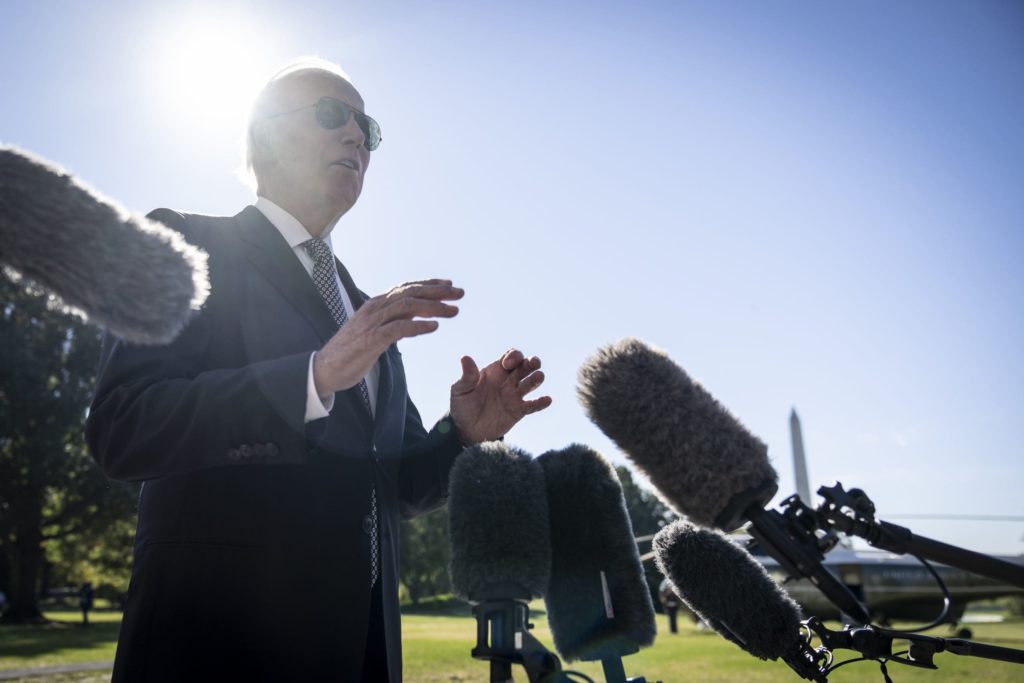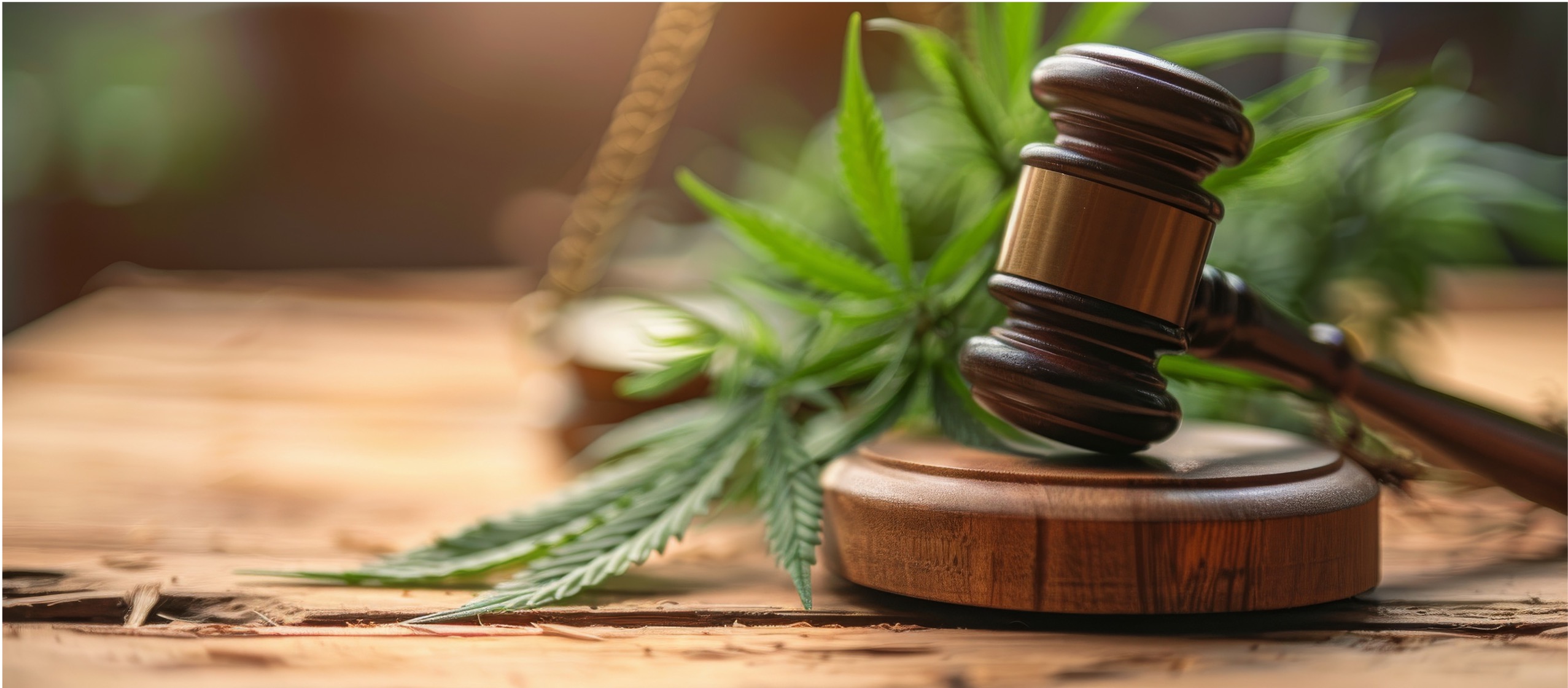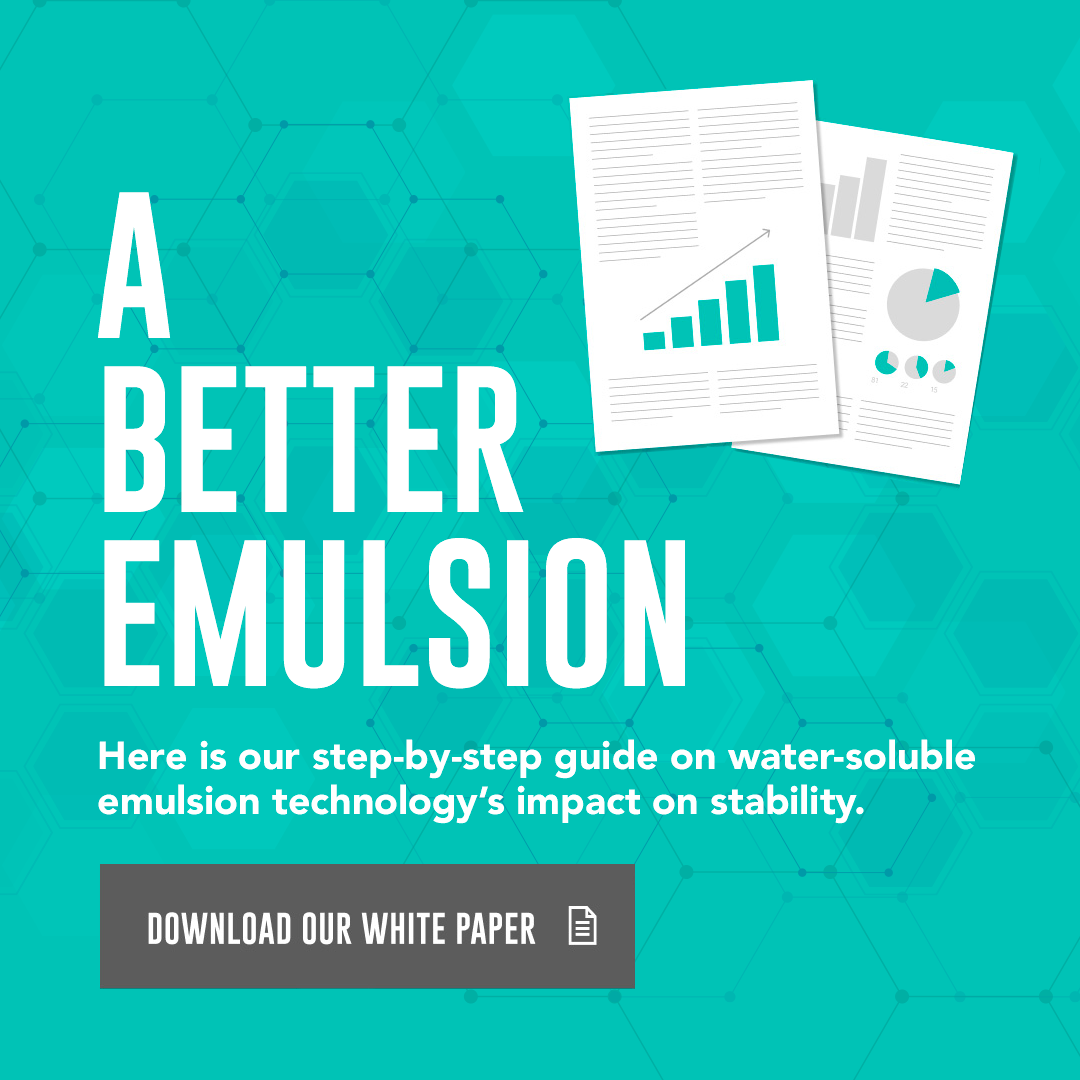“Too many lives have been upended because of our failed approach to marijuana. It’s time we right these wrongs.”
These two sentences were the closing remarks of a statement by President Biden on October 6. Delivering on a campaign promise he made in 2019, the President announced that all federal offenses for simple possession of marijuana would be pardoned. He also urged state governors to follow this path and pardon those in local jails or state prisons for possession. Lastly, the President shared that the Attorney General and the Secretary of Health and Human Services would begin a review of marijuana as a Schedule 1 drug in the Controlled Substances Act. Schedule 1 is the same classification as heroin and LSD, and a higher classification than “the drugs driving the overdose epidemic,” fentanyl and methamphetamine. In his statement, Biden remarked:
As I often said during my campaign for President, no one should be in jail for using or possessing marijuana. Sending people to prison for possessing marijuana has upended too many lives and incarcerated for conduct that many states no longer prohibit…. And while white and black and brown people use marijuana at similar rates, black and brown people have been arrested, prosecuted, and convicted at disproportionate rates.
What unexpectedly good news for those impacted by the war on cannabis, which started in the 1930’s. No one statement or law can undo the damage that has been done in the last 90 years – “the needless incarcerations, the criminal records that have imposed barriers to employment, housing, and educational opportunities” – but the federal government can make changes that can positively impact the lives of consumers and business owners moving forward, first by removing cannabis from the list of Schedule 1 drugs, followed by federal legalization.
People who work in the industry are well-aware of the damaging effects the demonization of cannabis in the twentieth century has had on consumers, growers, product producers, sellers, and other businesses connected to cannabis. Because of that, they’ve done a lot of hard work to destigmatize and normalize consumption. They’ve raised awareness over the rates of incarceration, advocated for policy change, invested in their communities, supported minority-owned small businesses, and donated proceeds to organizations trying to make a difference.
At times it feels like we’re fighting an uphill battle, when cannabis-related bills stall in Congress – but on the state level, you can see the tide turning in a very positive direction.
In the United States, cannabis is accessible medically in 37 states and recreationally in 19 states and the District of Colombia. In the 2020 election, four more states legalized cannabis: Arizona, Montana, South Dakota and New Jersey. In 2021 and 2022, cannabis was legalized in New York and Vermont. In the midterms this fall, five more states are voting on recreational legalization – Missouri, Arkansas, North and South Dakota, and Maryland.
Over two-thirds of all Americans support legal access to cannabis. As more people learn about the plant and gain an understanding of how legal, regulated cannabis sales can financially benefit their communities, more people across the country accept and support it.
In the spring of 2020, Covid forced government officials to think about which businesses were essential and which weren’t. Something that is essential is “absolutely necessary” or “extremely important.” Grocery stores were essential. Hair salons — non-essential. Gas stations — essential. Clothing stores – non-essential. Cannabis dispensary – essential – but that designation in some cities only happened after public outcry.
When San Francisco Mayor London Breed first announced the city would begin its shelter in place order on March 16, the city had designated cannabis dispensaries as non-essential businesses. 24 hours later, the Department of Public Health reversed that the decision, stating: “Cannabis is an essential medicine for many San Francisco residents. Dispensaries can continue to operate as essential businesses during this time, while practicing social distancing and other public health recommendations.” The fact that dispensaries were granted the “essential business” designation reflected the shift in public opinion about cannabis — that consumers view the plant as medicine, and that people are more accepting of medical and recreational use in general.
Final Thoughts
If cannabis is removed from the list of Schedule 1 drugs and governors pardon those incarcerated for cannabis possession, SōRSE will celebrate these victories with the rest of the industry who have fought hard to destigmatize and decriminalize cannabis use.
There is more that needs to be done to move this industry forward, but we will continue to work with the plant in the same ways that we have since the company was founded – with a focus on consumer safety and product quality.
We are ready for federal legalization because we’ve been treating the plant like a food ingredient for the past six years and follow the protocols needed to create a safe, consistent, high-quality product that consumers can trust. We have partnered with groups like the Cannabis Beverage Association to standardize testing and assist with proper regulation of ingestibles. We believe in the power of the plant, we believe in moving forward while never forgetting how the past impacts the present, and we believe that cannabis should be accessible to all. We believe that day will come – it’s not a matter of “if,” but “when.”






